#BathHouse
Explore tagged Tumblr posts
Text
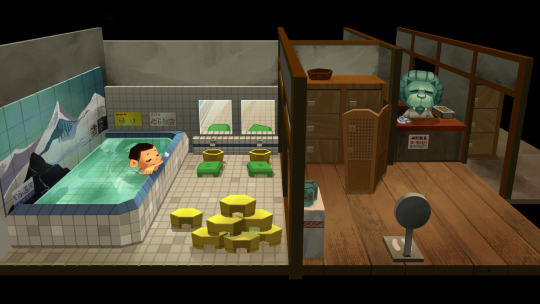
Please take a bath correctly.
#hiiii thanks for liking my wip ;-;#chulip#chulip fanart#poor boy#leo chulip#leo#turtle house#playstation 2#ps2#background art#bathhouse#bath house#japanese onsen#onsen
4K notes
·
View notes
Text
It's been a while since we made an ancient world themed map so we thought we'd attempt a Graeco-Roman inspired Bathhouse! 🛀

235 notes
·
View notes
Text

#cleancore#aesthetic#relaxation#gelcore#clearcore#gel#watercore#bathhouse#bath#bath pearls#oil beads#frogs#neon#green#green aesthetic
232 notes
·
View notes
Text

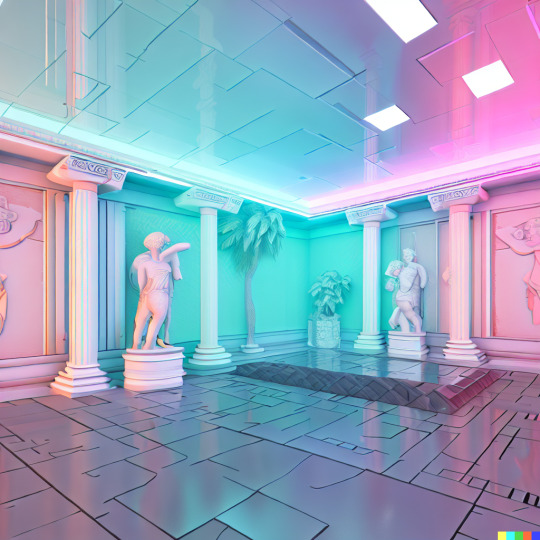
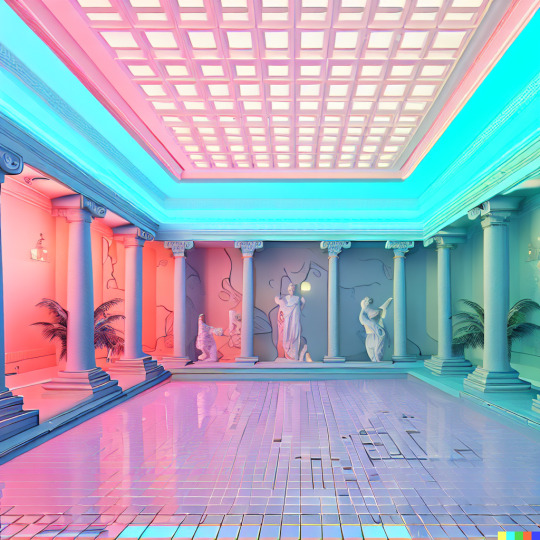

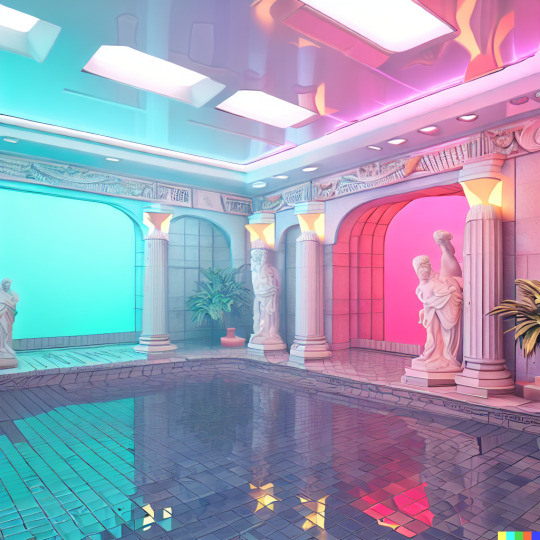

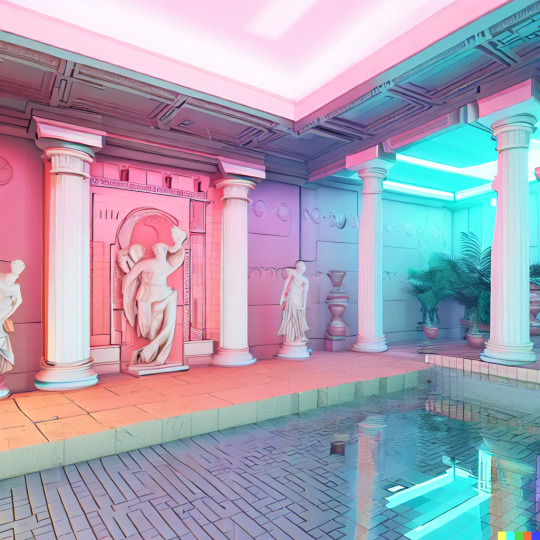
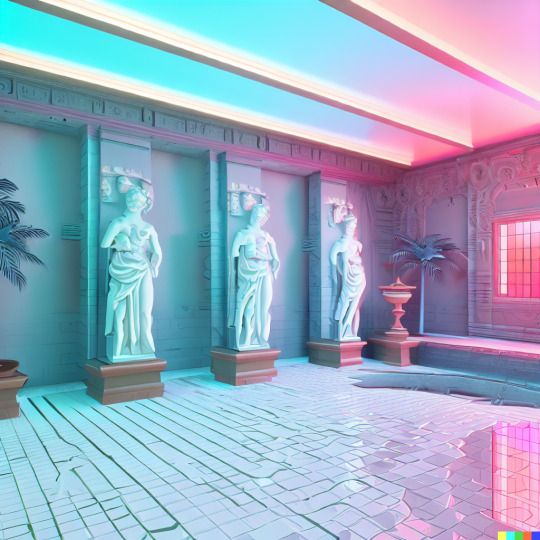
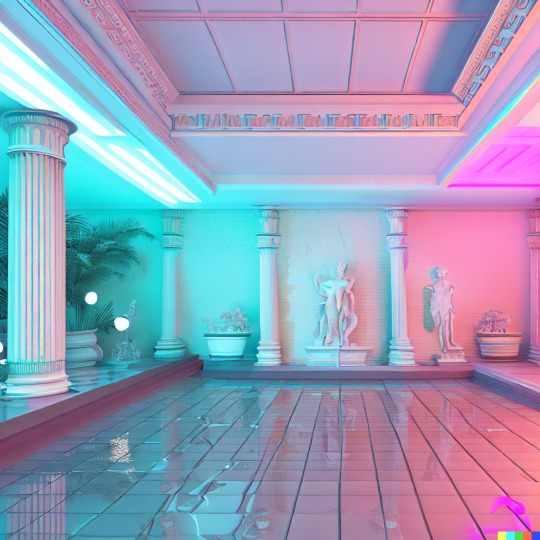

#vaporwave#liminal aesthetic#neon#pastel#rainbow#neoncore#ai art#liminal#liminal spaces#ai artwork#aesthetic#bathhouse
902 notes
·
View notes
Text
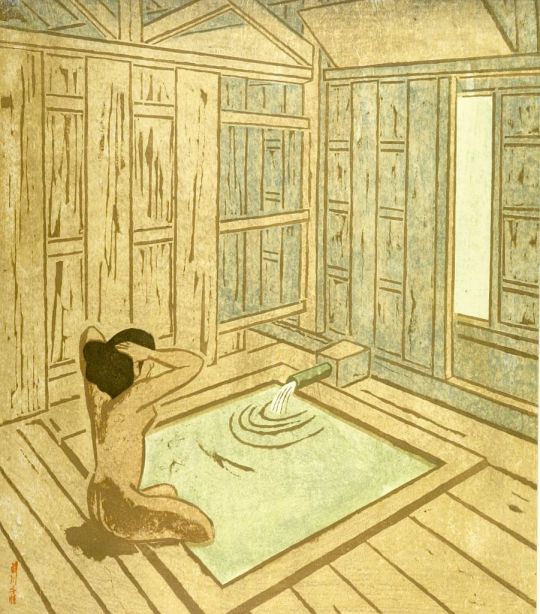
Onsen by Maekawa Senpan (1949)
#maekawa senpan#art#sosaku hanga#woodblock prints#fine art#1940s#1940s art#showa era#showa period#woodblock print#japanese art#japanese artist#onsen#hot spring#bathhouse#asian art#classic art
626 notes
·
View notes
Text

Moorish woman leaving the bathhouse
French vintage postcard
#briefkaart#photography#vintage#tarjeta#postkaart#french#postal#bathhouse#photo#postcard#leaving#historic#carte postale#woman#ephemera#moorish#sepia#ansichtskarte#postkarte
24 notes
·
View notes
Text

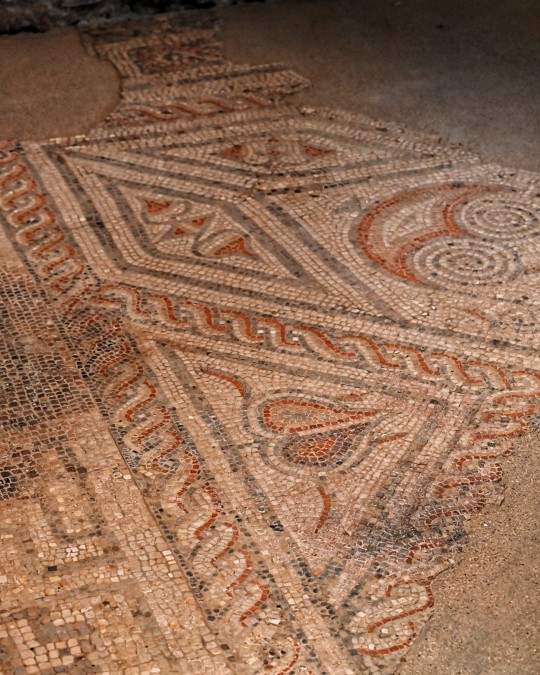

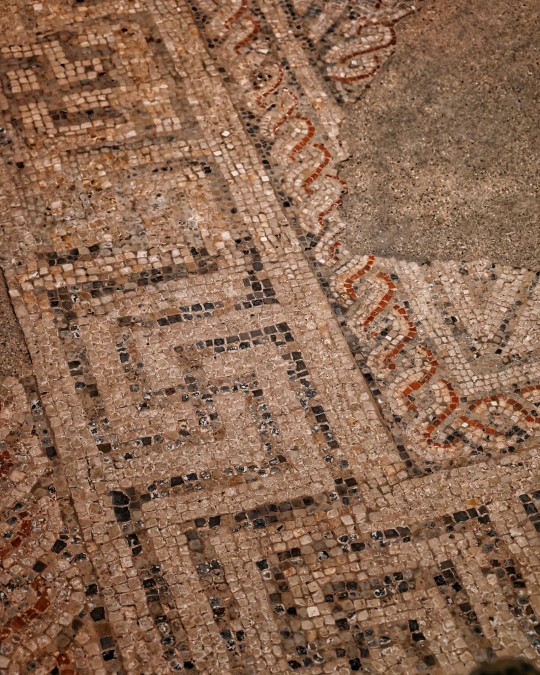
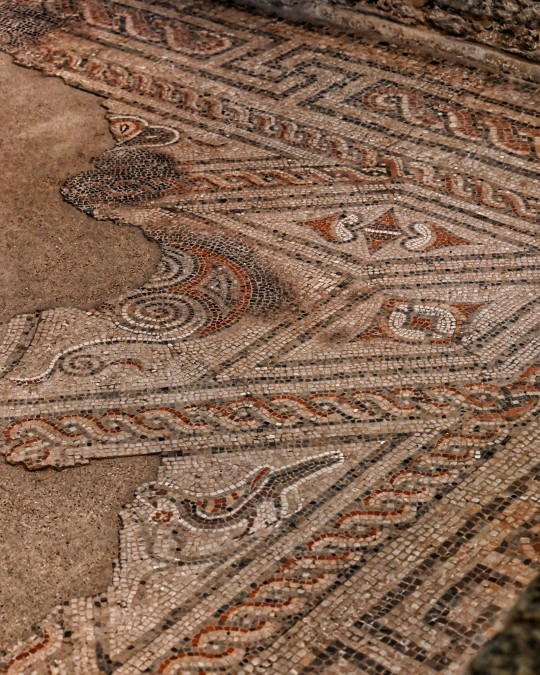
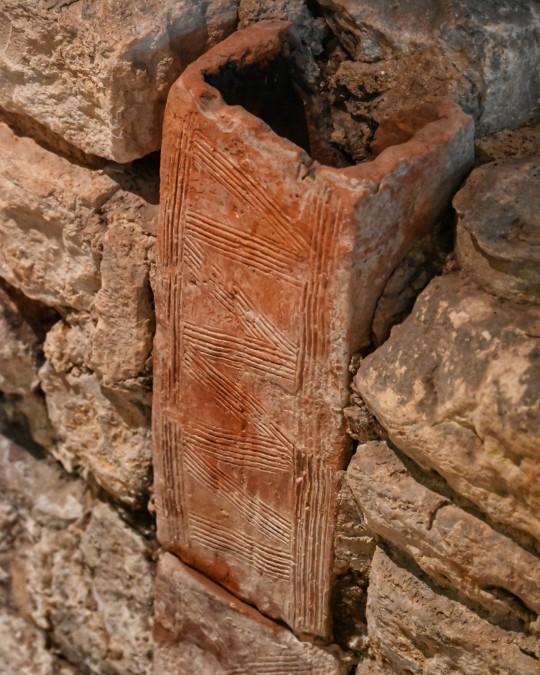

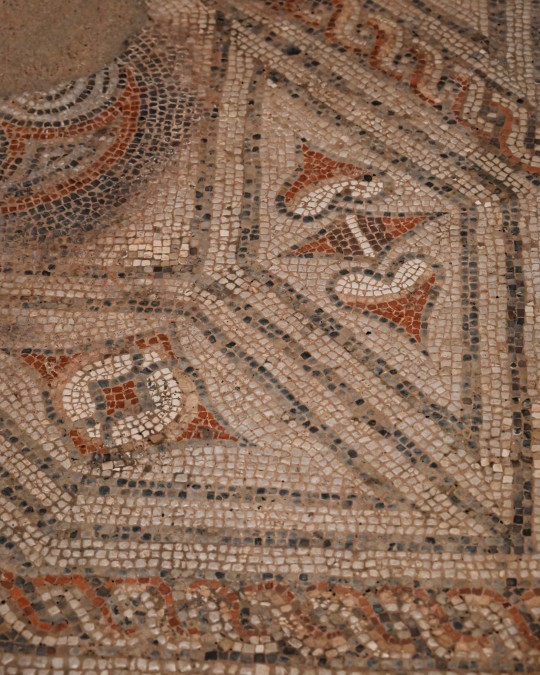
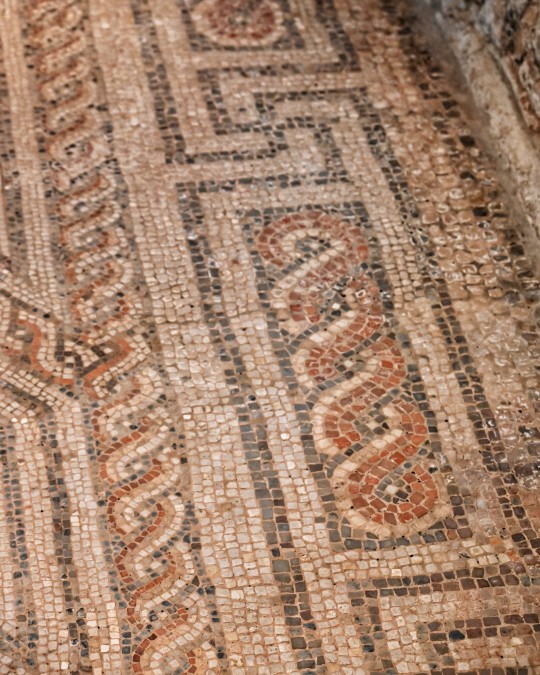
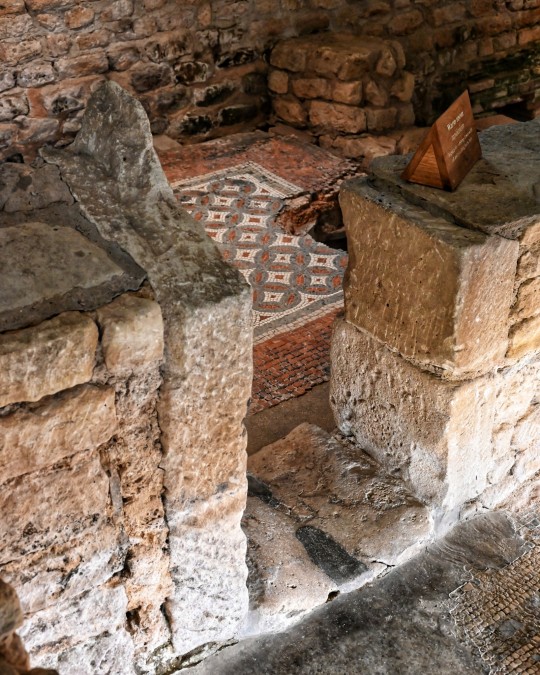
The Steam Baths, Chedworth Roman Villa, Gloucestershire
#roman#roman mosaic#mosaic#steam baths#roman baths#bathhouse#roman culture#roman living#roman britain#roman building#roman villa#archaeology#Chedworth Roman Villa#gloucestershire#ruins#stonework
293 notes
·
View notes
Text
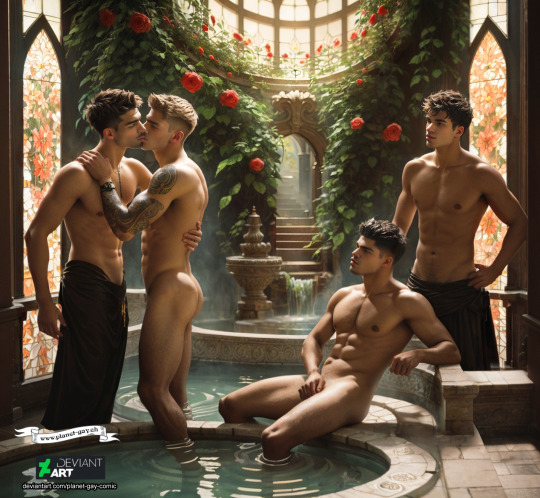
Jugendstil Bathhouses and Winter Gardens A Place for Relaxation, Recreation, and Connection
At the beginning of the 20th century, during the Art Nouveau era, bathhouses became popular destinations for relaxation and recreation. They offered visitors the opportunity to unwind in a natural setting while enjoying the benefits of a bath. Homosexual individuals could gather in Art Nouveau bathhouses to express their romantic affections. Although this was not officially sanctioned, it was generally tolerated. The glass pavilions and glass houses of these bathhouses also provided a degree of anonymity, allowing homosexual individuals to meet without fear of discrimination or violence.
Many Art Nouveau bathhouses were designed in the form of glass pavilions or glass houses. This architectural style allowed ample light and air, creating a bright and airy atmosphere. The glass surfaces could often be opened to connect the interior with the outdoors.
An example of such a bathhouse is the Nordhausen Bathhouse in Germany. Designed by the architect Bruno Taut and constructed in 1902-1903, it is a two-story glass pavilion with a large glass front that could be fully opened, seamlessly merging the interior with the outdoor environment.
During this time, there were other opportunities for LGBT individuals to meet, such as LGBT clubs and bars. Additionally, there was a range of LGBT magazines and newspapers. These developments were significant steps toward greater societal acceptance of LGBT people.
Text supported by Chat-GPT-3.5 and Bard
These image is generated with StableDiffusion v1.5. The poses and the backround were obtained with ControlNet v1.1.410 via open pose. Faces and background overworked with composing and inpainting.
#gayart#men#queer#gaylove#manlovesman#lgbt#romanbath#history#ancientgqay#boylovesboy#LGBT#Jugendstil#bathhouse
104 notes
·
View notes
Note
So I have been wanting to make a Nezuko cosplay for a while, but I'm a bit confused about what she is wearing. I can't figure out if she is wearing a kimono or a Yukata. I was wondering if you could maybe answer that question.
Remember to drink water and have a nice day :)
My teapot has my daily watering covered thank you for the reminder ;)
As for your question, considering Demon slayer "historical" time, Nezuko would definitly wear a (lined) kimono as her daily clothes (I have covered the subject here).
Historically, 浴衣 yukata were linen then cotton bath-time clothing (that what the 浴 yu means). They were first worn in the bath (yukatabira 湯帷子), then as bathrobes when communal baths spread from 16th century and onward. They were mainly white with indigo dyed patterns (=shades of blue/green).
As daily wear kimono dwindled, yukata spread as informal summer clothing, especially for matsuri events. This informal wear might be linked to the popularity of onsen vacations, as it was common for ryokan (traditional inns) to proved to their guests a nemaki 寝巻き (kind of informal sleepclothes also worn to stroll around onsen towns, suuuper close to yukata in both material/use/shape).
As to your Nezuko cosplay, tbh if it's easier for you to find/make a yukata, go for it! Nowaday, it's not unusual for people to wear their nice yukata dress-up as a kimono (=over a juban) :)
Construction is similar between kimono and yukata anyway. Yukata are simply made from cotton and unlined, so it will be much easier to dress and more confortable to wear - especially in conv heat!
Hope it helps!
#ask#cosplay#demon slayer#kimestu no yaiba#nezuko#yukata#kimono#onsen#nemaki#yukatabira#diy#Japanese bath#sento#bathhouse#着物#浴衣
68 notes
·
View notes
Text
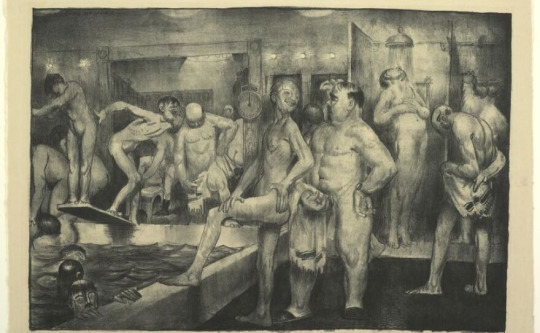
Shower Bath (1917), George Bellows
#George Bellows#bathhouse#queer art#male figure#gay art#art history#gay artists#male nude#gay#queer history
275 notes
·
View notes
Text
Bathhouse

#fullbody commission !#comm#commission#commission art#digital art#digital artwork#art#artwork#furry#artist#furry art#drawing#digital drawing#illustration#hyena#bathhouse#bath#water#goblin art
115 notes
·
View notes
Text



gerard way on the joel schumacher batman films
8 notes
·
View notes
Text

Did you know San Francisco had a large saltwater public bathhouse, called the Sutro Baths? During high tides, saltwater would run into the baths to recycle the water, and during low tides, there was a pump system which could be activated to cycle the water. The bathhouse was built in 1894 and closed in 1964, when it was sold to a developer after attempts to keep it profitable failed (including converting part of the baths to an ice rink). In 1966, the building burned down while it was in the process of being demolished, and the ruins of the baths are included in the Golden Gate National Recreation Area, which is protected and operated by the National Park Service.
"View of swimming pools, swimmers, and interior of Sutro Baths. Ping pong tables are seen in the right foreground." c. 1900s, from our online catalog.
#sutro baths#san francisco#history#california#bathhouse#bath house#saltwater baths#sutro#california history#ruins#bay area
196 notes
·
View notes
Text

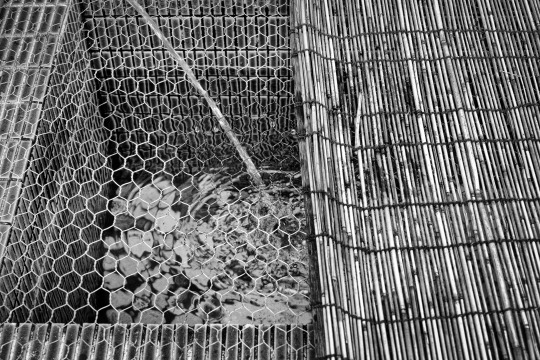

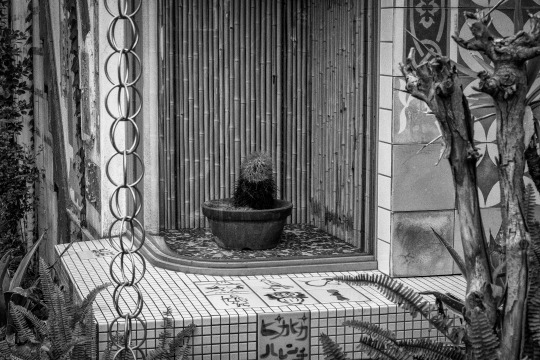
Jumy-M Naoshima Bath / 直島銭湯 "I♥︎湯" by artist Shinro Ohtake / 大竹伸朗
110 notes
·
View notes
